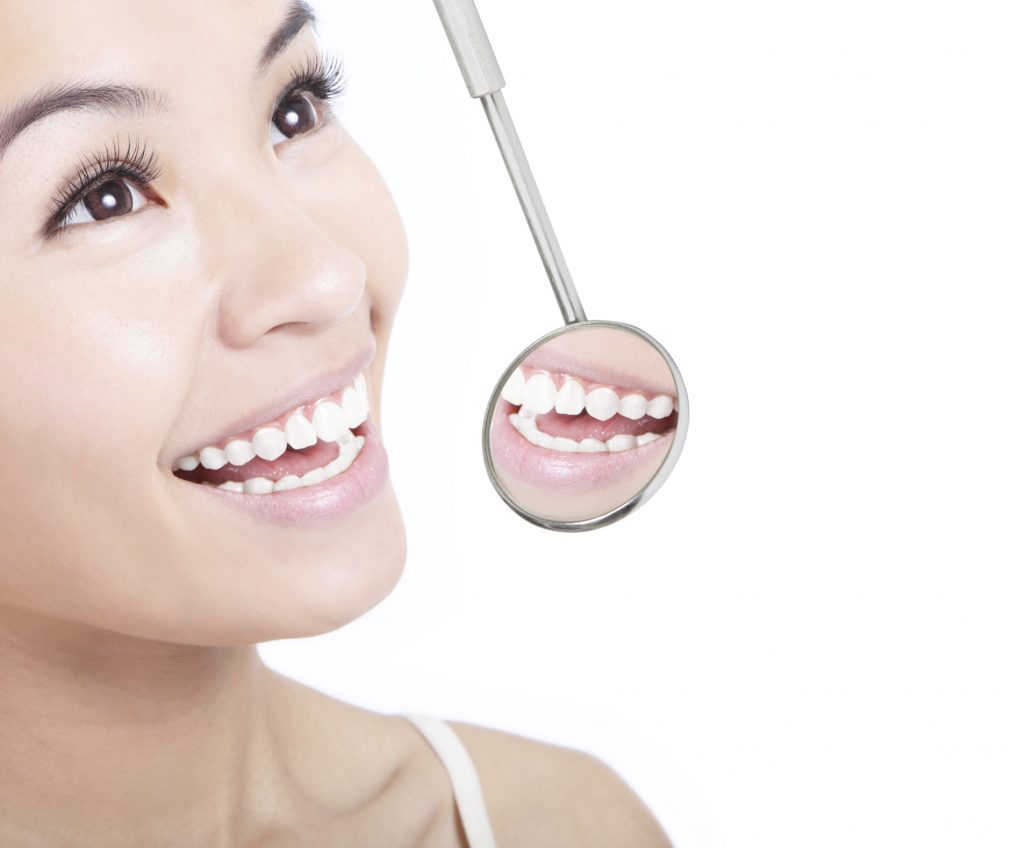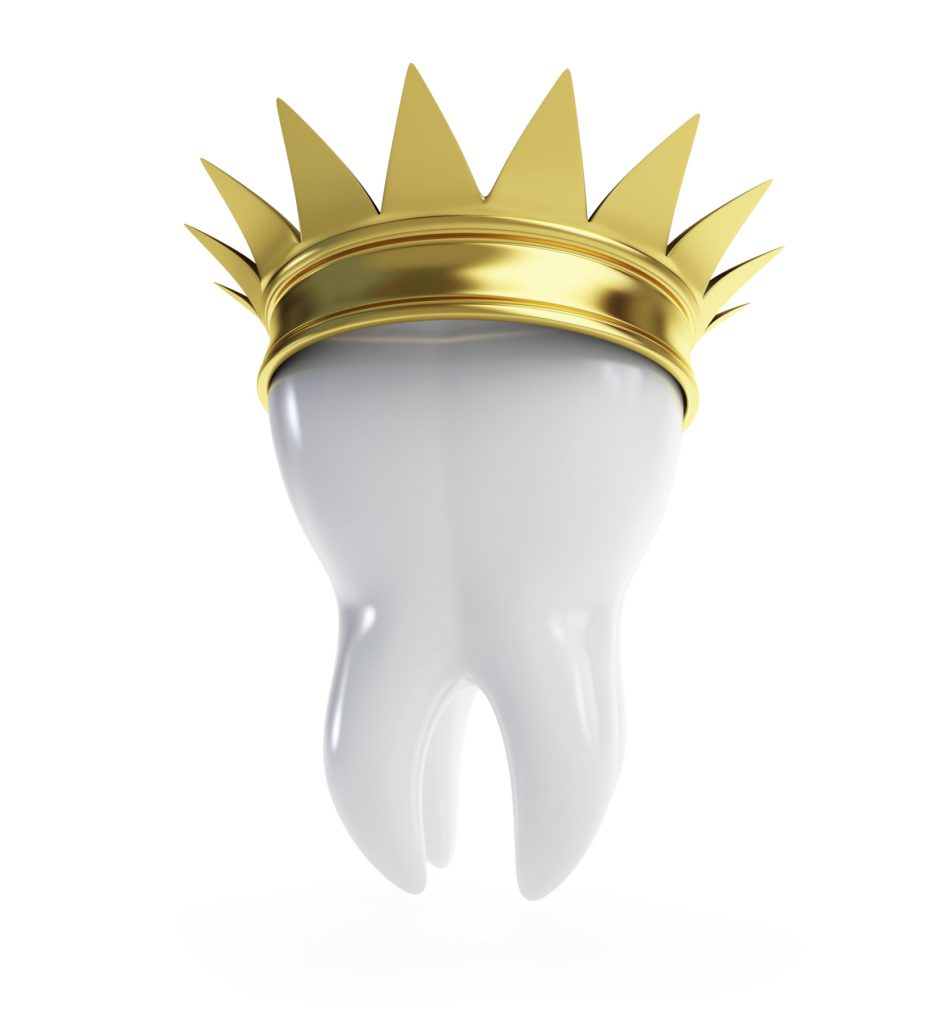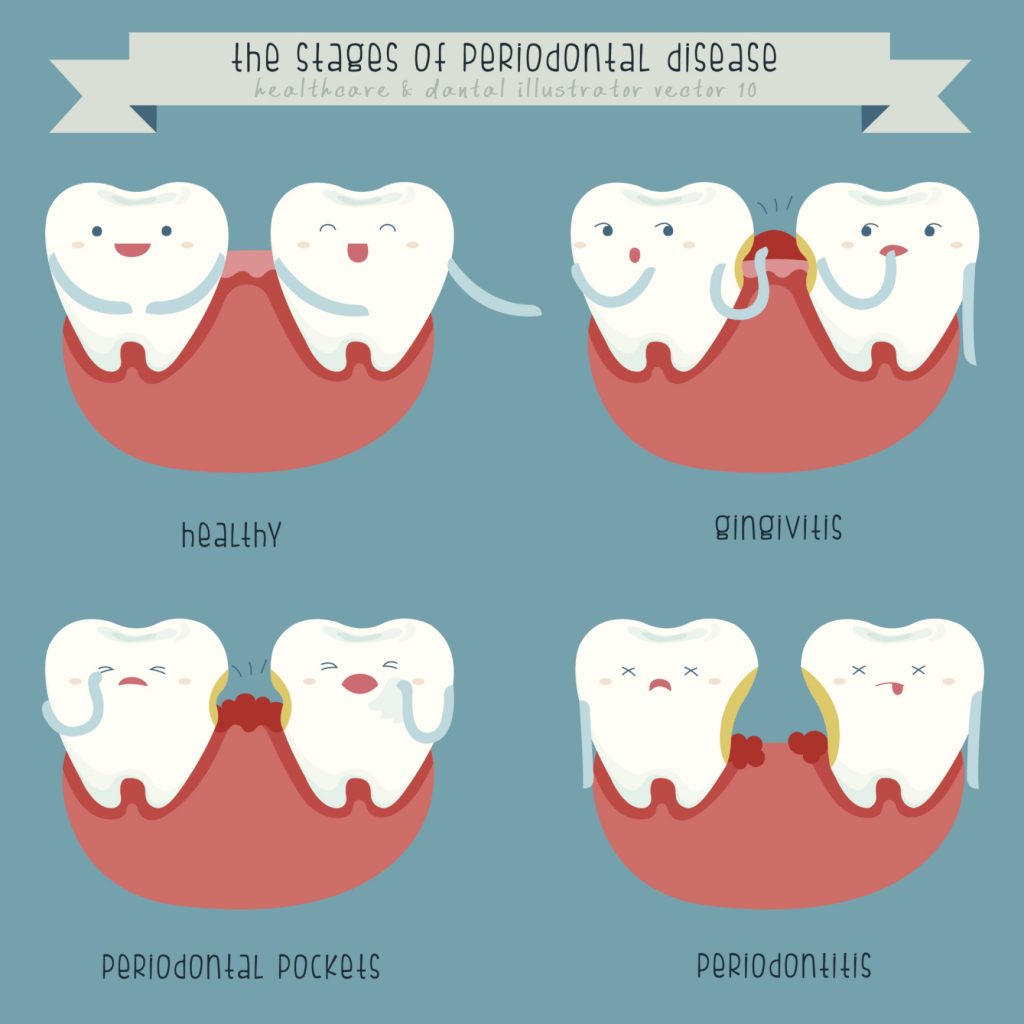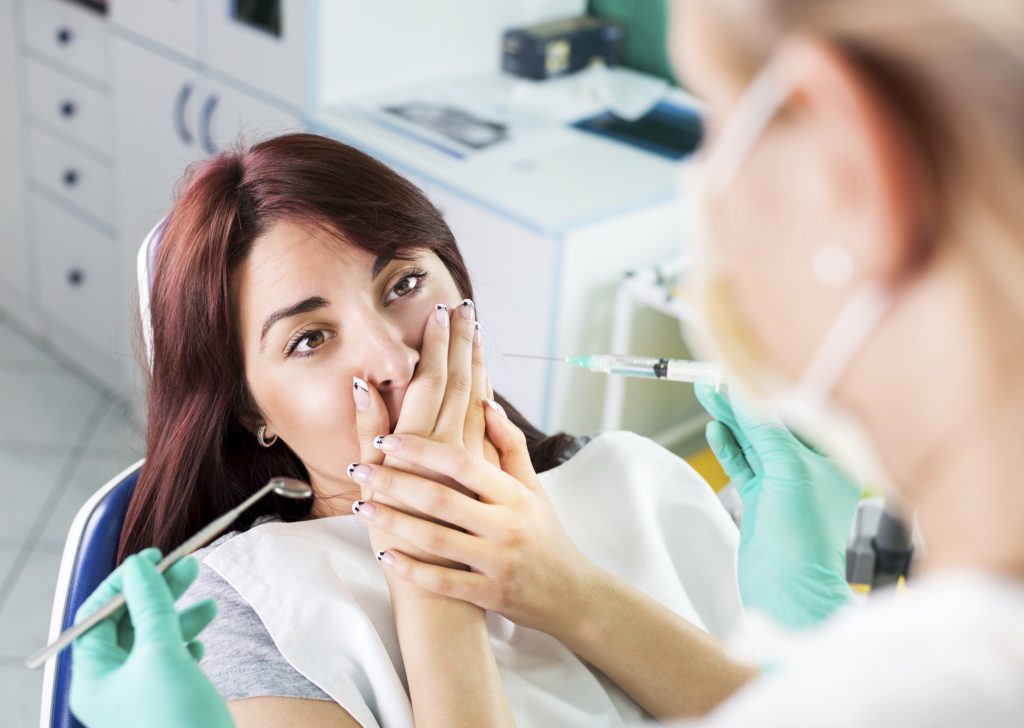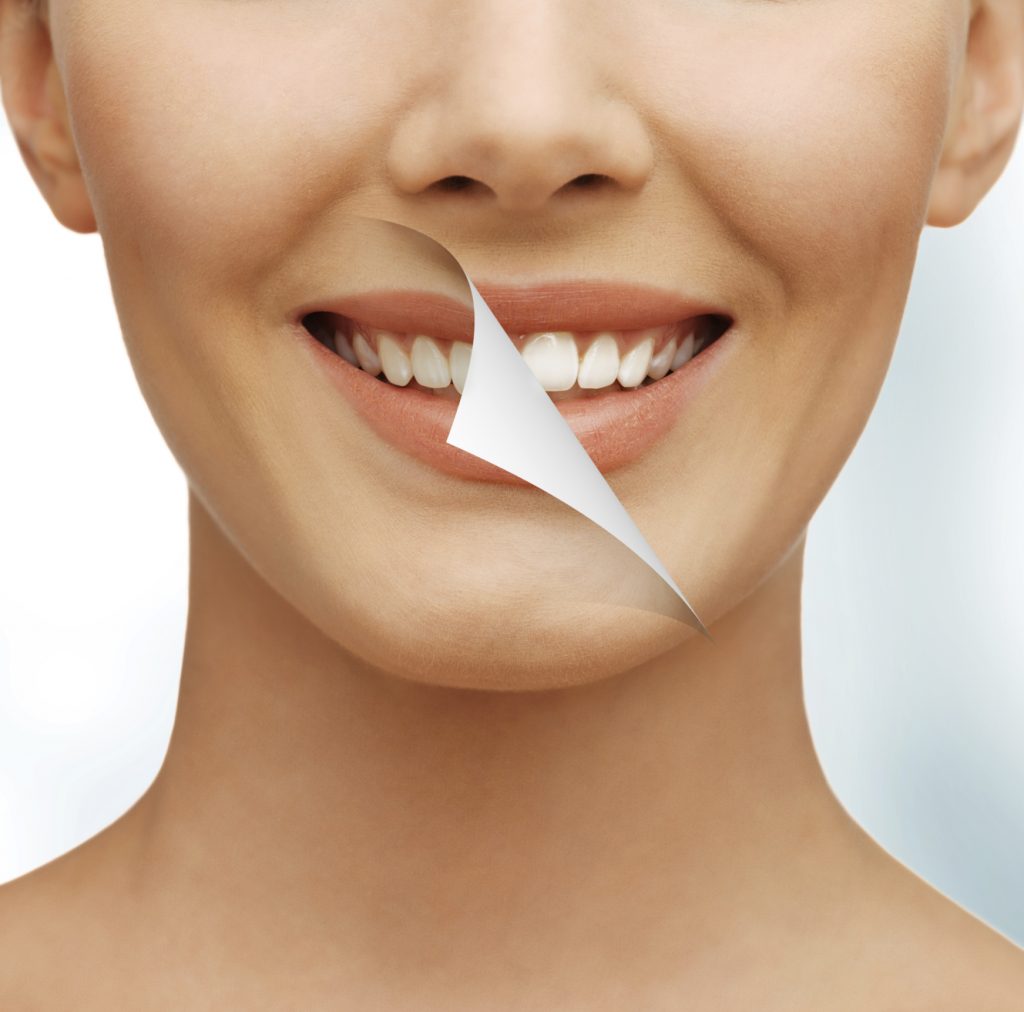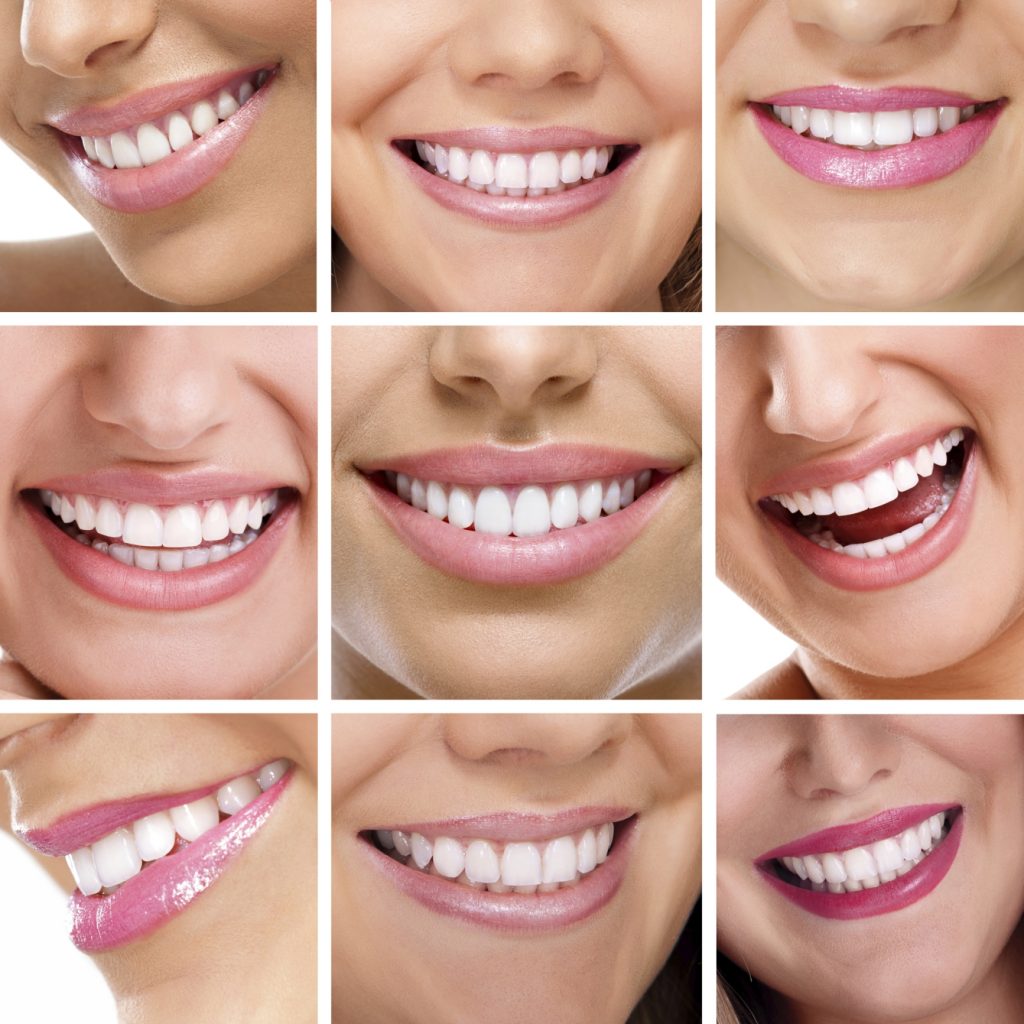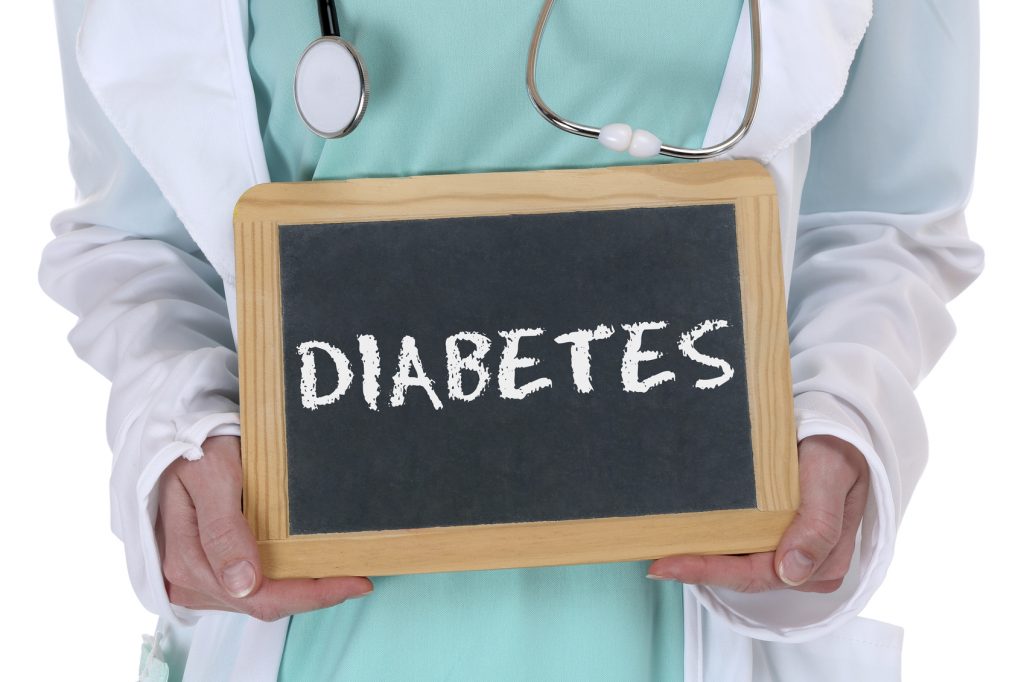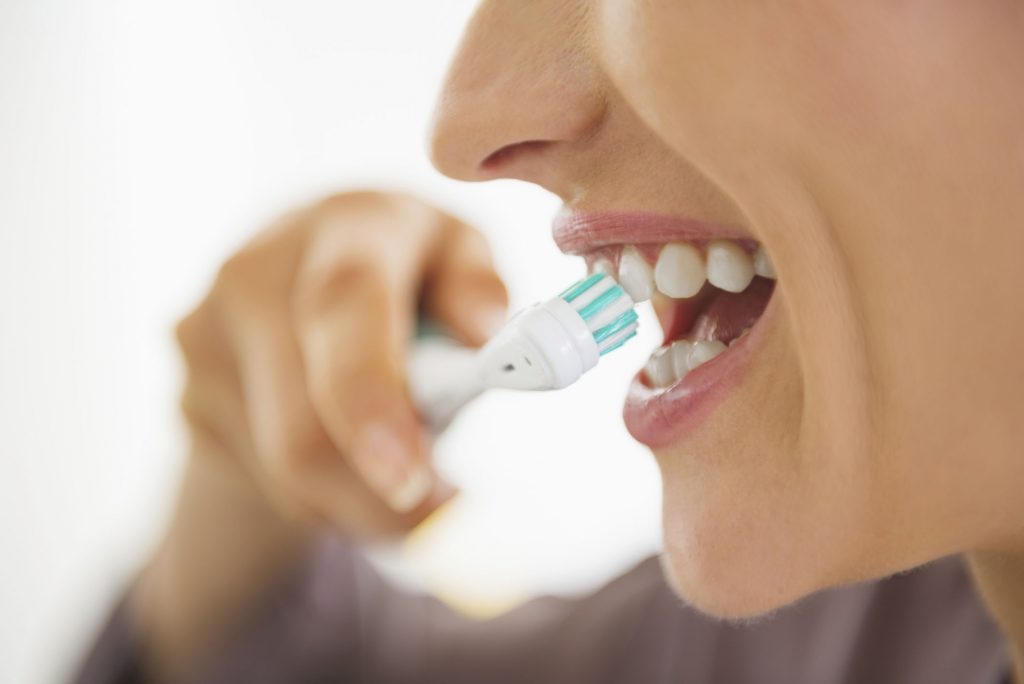
In order to have a positive dental checkup, you need to maintain a health mouth in between visits. And one tool that makes that possible is a toothbrush. A toothbrush is intricate in order to maintain our oral health. Not only does it keep our smiles bright and shiny, but it also helps scrub away all of the nasty cavity-causing bacteria invading your mouth. The best way to limit the bacteria left on your toothbrush is to replace it on a regular basis. But how often is a regular basis?
According to The American Dental Association, or ADA, recommends throwing out your toothbrush every three to four months. If the bristles become frayed, you’re sick, or you have a weak immune system, you definitely need to throw it out even more often. If you use an electric toothbrush, throw out the head as often as you’d discard a disposable toothbrush.
Each time we use our mouth to eat, speak or breathe, we are allowing bacteria and debris into our mouths to attack our healthy mouths. This is why keeping, and sticking to, a daily dental routine is so important. All that daily care is keeping your smile shiny and cavity-free. So, every time you’re tempted to skip brushing and flossing your teeth, remember how many bacteria lurk in your mouth – and what they can do.
Bacteria causes gum disease, and decay, and bad breath. Make sure you’re brushing and flossing as often as possible to eliminate some of those bacteria. Rinsing your mouth with an antibacterial mouthwash before or after brushing can also help reduce plaque-causing bacteria that can lead to gingivitis, an early, mild form of gum disease.
If you have questions or concerns about toothbrushes, make an appointment today with Dr. Schnall at 212-247-7059 or visit our website at www.philipschnalldmd.com.
Dr. Philip Schnall proudly serves Central Park West and all surrounding areas.
